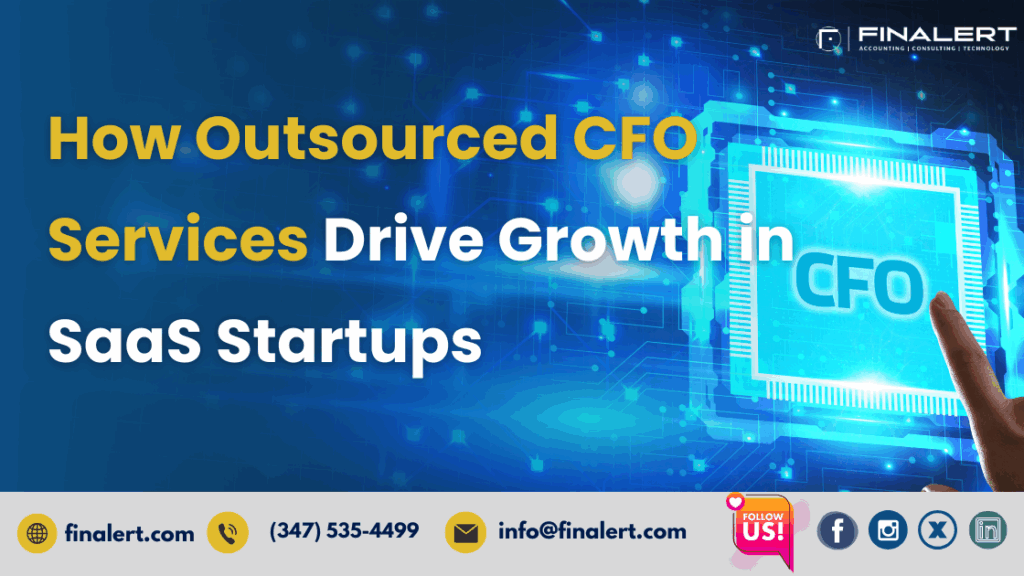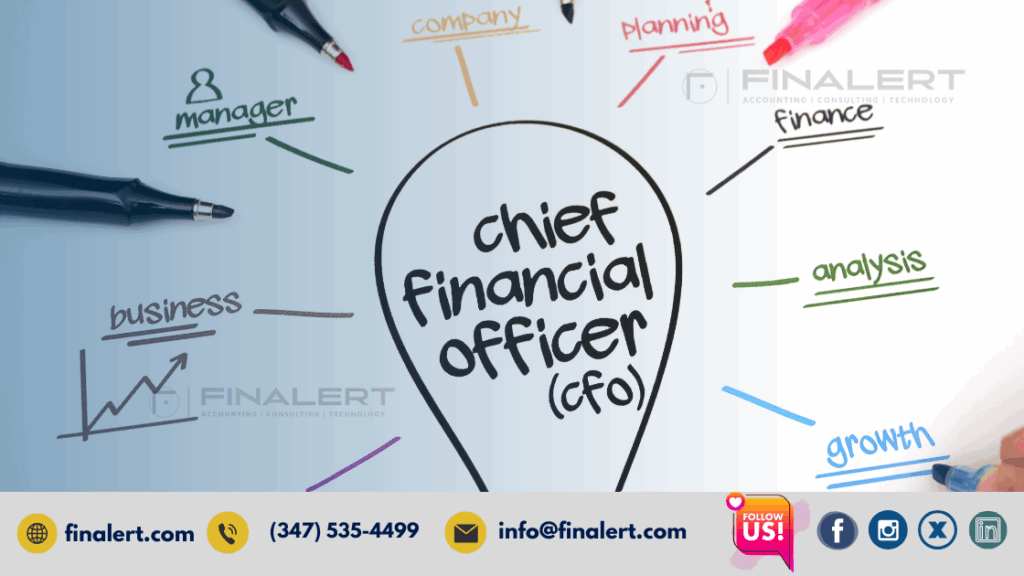
Fractional and outsourced CFO services are redefining how SaaS startups approach financial leadership. As the Software-as-a-Service (SaaS) industry continues to grow rapidly in 2025, startup founders are navigating complex pricing models, investor demands, and scalability challenges often without an experienced CFO by their side.
Hiring a full-time CFO is costly, especially for early and mid-stage SaaS companies. That’s why more startups are opting for outsourced CFOs, financial experts who provide strategic leadership on a part-time or project basis. These professionals deliver the same level of insight and guidance as an in-house CFO, but at a fraction of the cost.
From fundraising and forecasting to optimizing cash flow and pricing strategy, this article explores how outsourced CFO services empower SaaS startups to scale smarter, stay investor-ready, and build long-term financial sustainability.
Unlike traditional businesses, SaaS companies operate under unique financial models. These include recurring revenue, deferred income, usage-based billing, and rapid scaling—all of which require specialized financial oversight.
Key SaaS-specific financial considerations include:
These elements require not just accounting skills but a deep SaaS financial strategy. That’s where an outsourced CFO brings significant value—filling the strategic finance gap without the overhead of a full-time executive.
One of the core functions of an outsourced CFO is building robust, forward-looking financial models. In SaaS, this means:
By modeling MRR, CAC payback, and runway under various conditions, the CFO helps founders make better-informed decisions and stay agile.
Example: A SaaS company planning to double revenue in 12 months needs to forecast server costs, hiring needs, customer support load, and capital requirements—all tied to realistic assumptions.
SaaS startups typically go through several funding rounds. Each requires meticulous preparation of financials, forecasts, and key metrics. An outsourced CFO ensures that the business is always “investor-ready” with:
They also support pitch deck development, coach founders on financial Q&A, and assist with valuation models. This positions the startup to negotiate better terms, close funding faster, and build credibility with current and future investors.
Outsourced CFOs implement systems to track and improve essential SaaS metrics. These include:
How much does it cost to acquire a customer? Overspending here reduces margin and increases burn.
Total revenue expected from a customer over their entire relationship with the company.
The percentage of customers canceling their subscriptions over a set period.
Revenue retained from existing customers, including upsells and expansions.
Efficiency of growth relative to cash burn. Investors closely monitor this during down markets.
The CFO integrates these into real-time dashboards and reviews them monthly with leadership, identifying red flags before they become financial problems.
Cash flow is the lifeline of any startup. Many SaaS companies with high top-line growth still fail due to poor cash management. An outsourced CFO helps startups:
They also prepare cash flow contingency plans in case funding is delayed or growth slows.
SaaS pricing decisions—tiered, usage-based, freemium—have a significant financial impact. An outsourced CFO works with sales and product teams to:
Done right, strategic pricing adjustments can lift revenue without increasing acquisition costs.
Manual financial workflows slow growth. CFOs modernize operations by integrating tech stacks such as:
These tools create real-time visibility into revenue, customer behavior, and profitability. More importantly, they free up time for the founder to focus on product and growth.
As startups mature, especially those preparing for an IPO or acquisition, audit readiness becomes a priority. Outsourced CFOs ensure:
This is essential not only for transparency but also for minimizing legal and tax risks.

Whether the goal is acquisition, IPO, or a strategic merger, an outsourced CFO plays a crucial role in maximizing exit value:
Startups with clean books, strong metrics, and a clear story often command higher valuations and more favorable terms during an exit.
In 2025, hiring a full-time CFO can cost between $200,000 $400,000 annually, plus benefits and equity. For most SaaS startups, this is not financially feasible.
By contrast, outsourced CFOs offer:
| Service Level | Monthly Cost Estimate |
|---|---|
| Basic Oversight | $2,500 – $5,000 |
| Strategic CFO Support | $6,000 – $12,000 |
| Fundraising & M&A Services | $10,000 – $20,000+ |
This flexibility allows startups to scale financial leadership as they grow—paying only for what they need, when they need it.
While there’s no one-size-fits-all answer, here are some common trigger points:
Bringing in a CFO too late can lead to avoidable mistakes, from mispriced offerings to failed funding rounds. Early strategic input can prevent these issues.
| Metric | Before CFO | After CFO |
|---|---|---|
| Cash Burn | Unmonitored | Tracked weekly |
| Forecast Accuracy | ±30% variance | <10% variance |
| ARR Growth Strategy | Ad hoc | Modeled quarterly |
| Fundraising Support | DIY pitch | Data-backed modeling |
| SaaS KPIs | Manual spreadsheets | Automated dashboards |
| Pricing Analysis | Static, outdated | Iterative, segmented |
In a competitive and data-driven SaaS landscape, financial strategy is not optional; it’s essential. Outsourced CFO services give SaaS startups access to executive-level financial guidance without committing to a full-time hire. Whether you’re managing burn, preparing for a funding round, optimizing pricing, or planning your exit, the right CFO partner can guide you through complex decisions with clarity and confidence.
For SaaS founders aiming to grow sustainably and strategically in 2025 and beyond, outsourcing CFO functions isn’t just a cost-saving tactic’s a growth enabler.
Similar Articles
No results available
Get in touch with Finalert today for tailored business solutions!
No results available
Ready to thrive? Connect with Finalert today and let’s succeed together in the dynamic global market.
© 2025 Finalert. All rights reserved.
Ready to thrive in the dynamic global market? Finalert LLC offers expert financial services, including accounting, consulting, and technology solutions, tailored to your business needs.
Address
Accounting
Quick Links
Consulting
Industries
© 2025 Finalert LLC. All rights reserved.